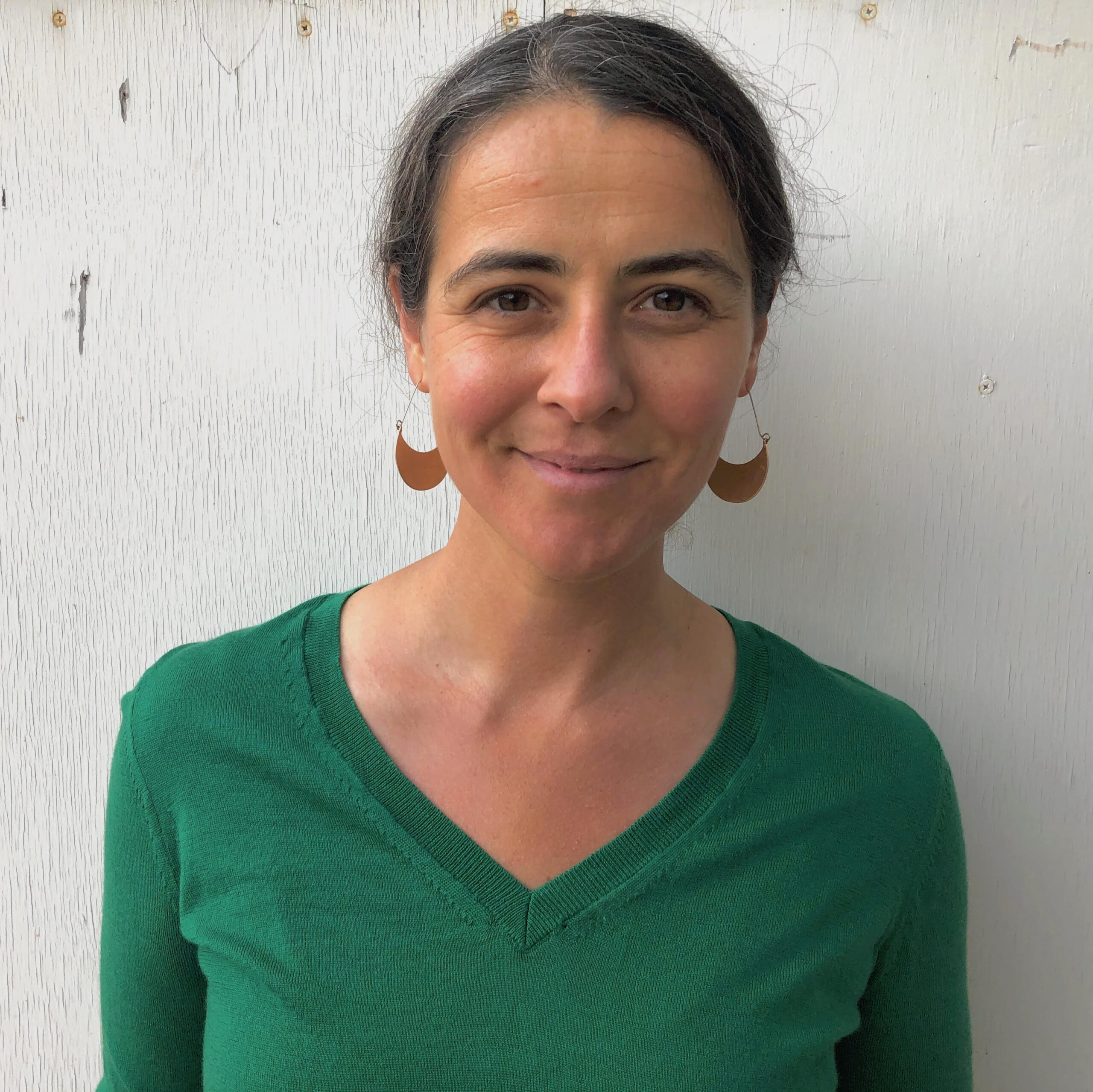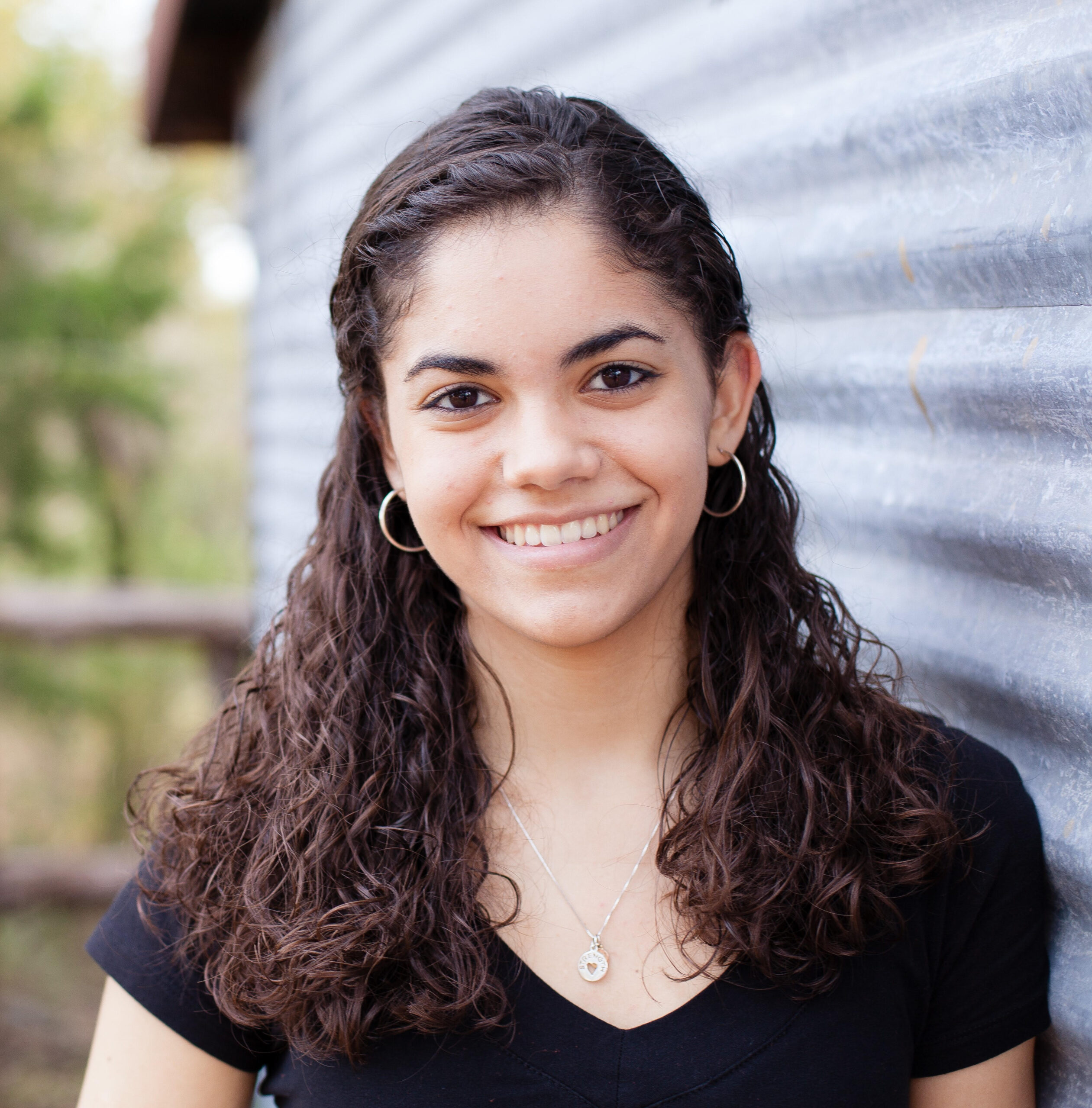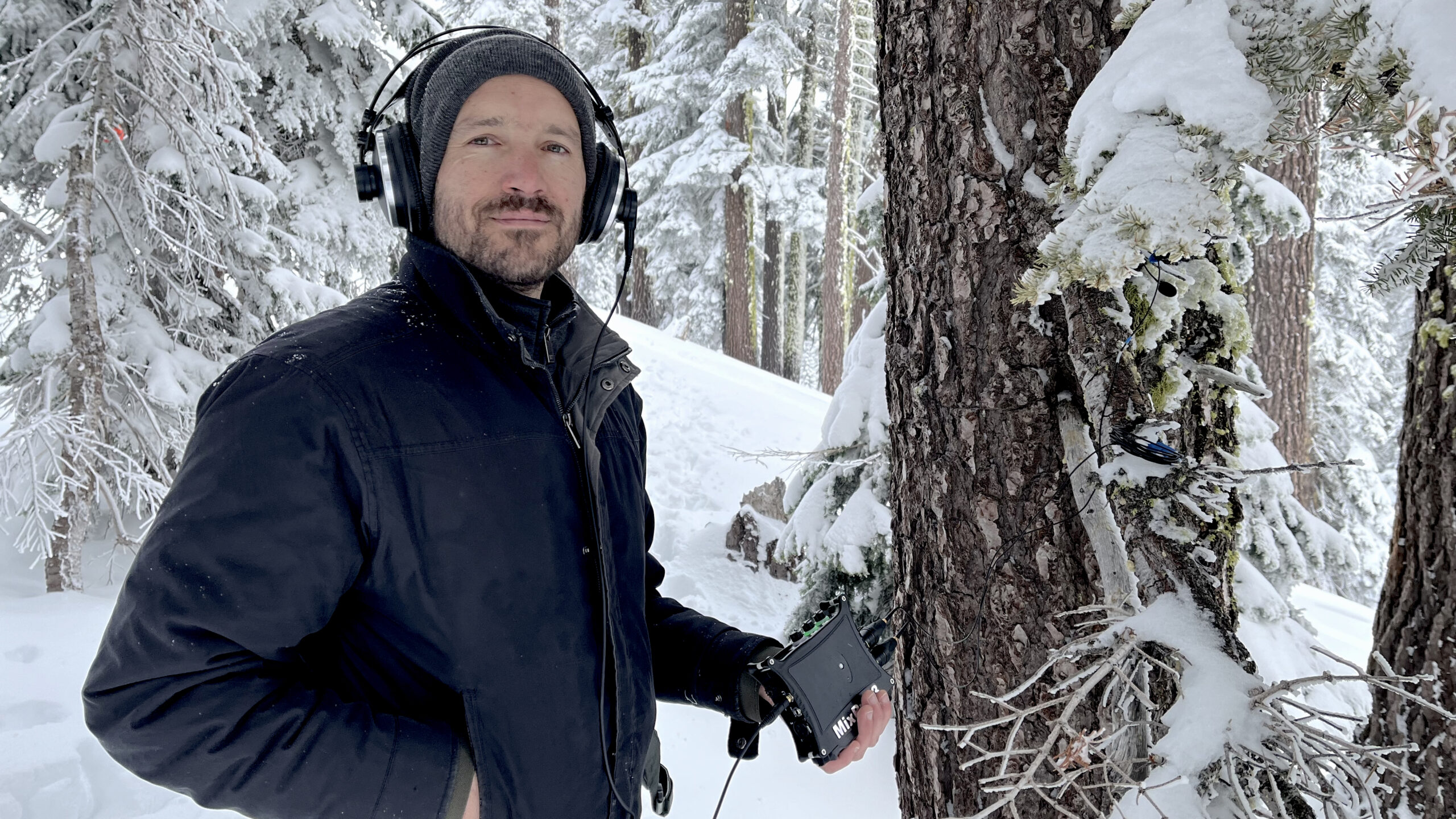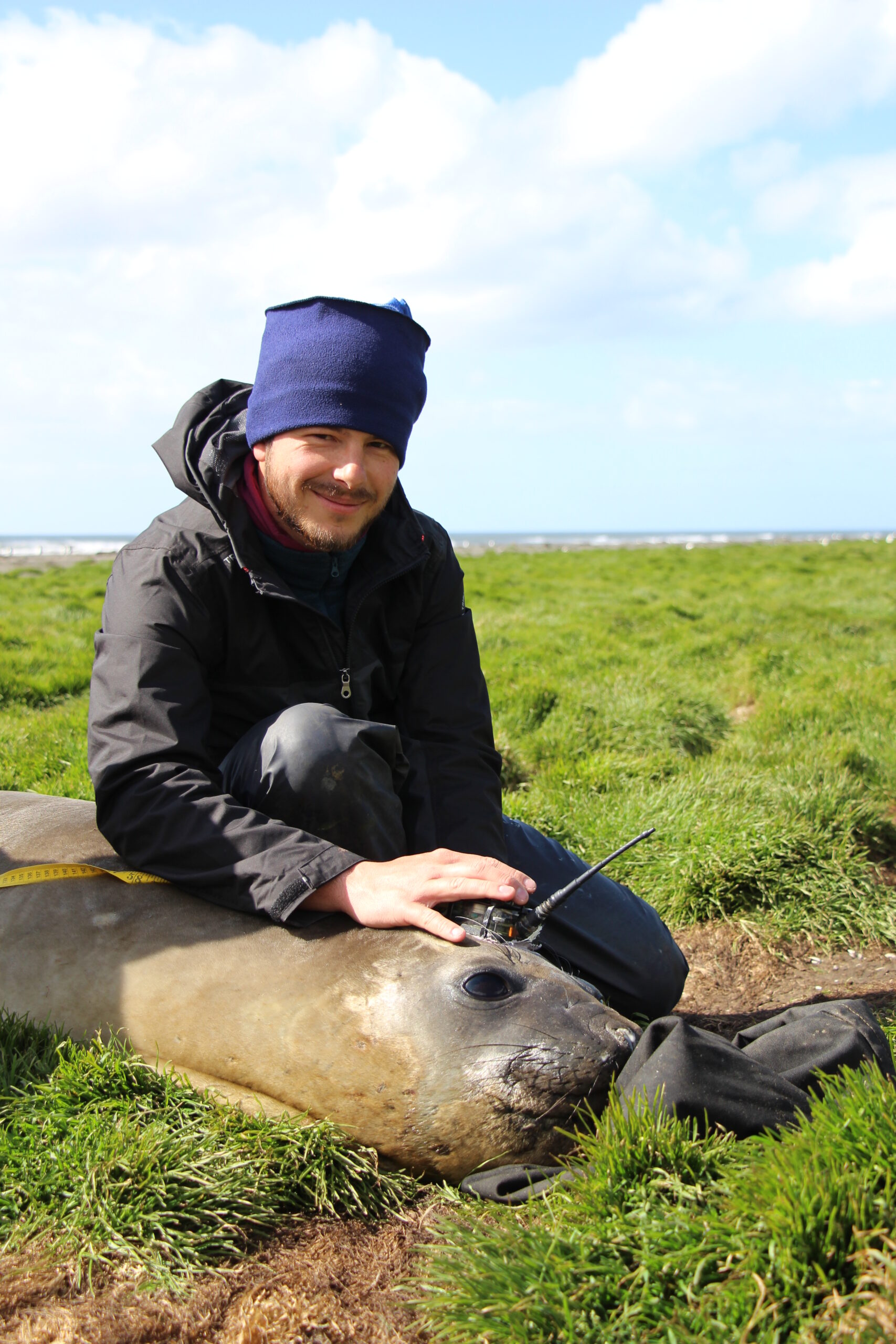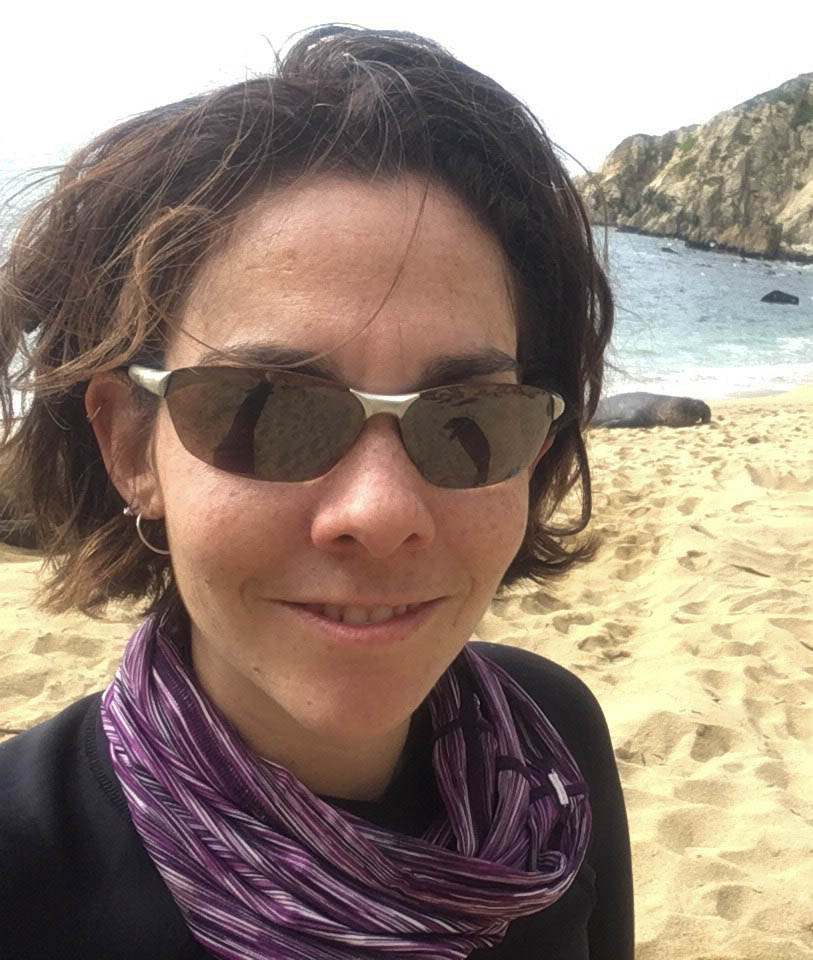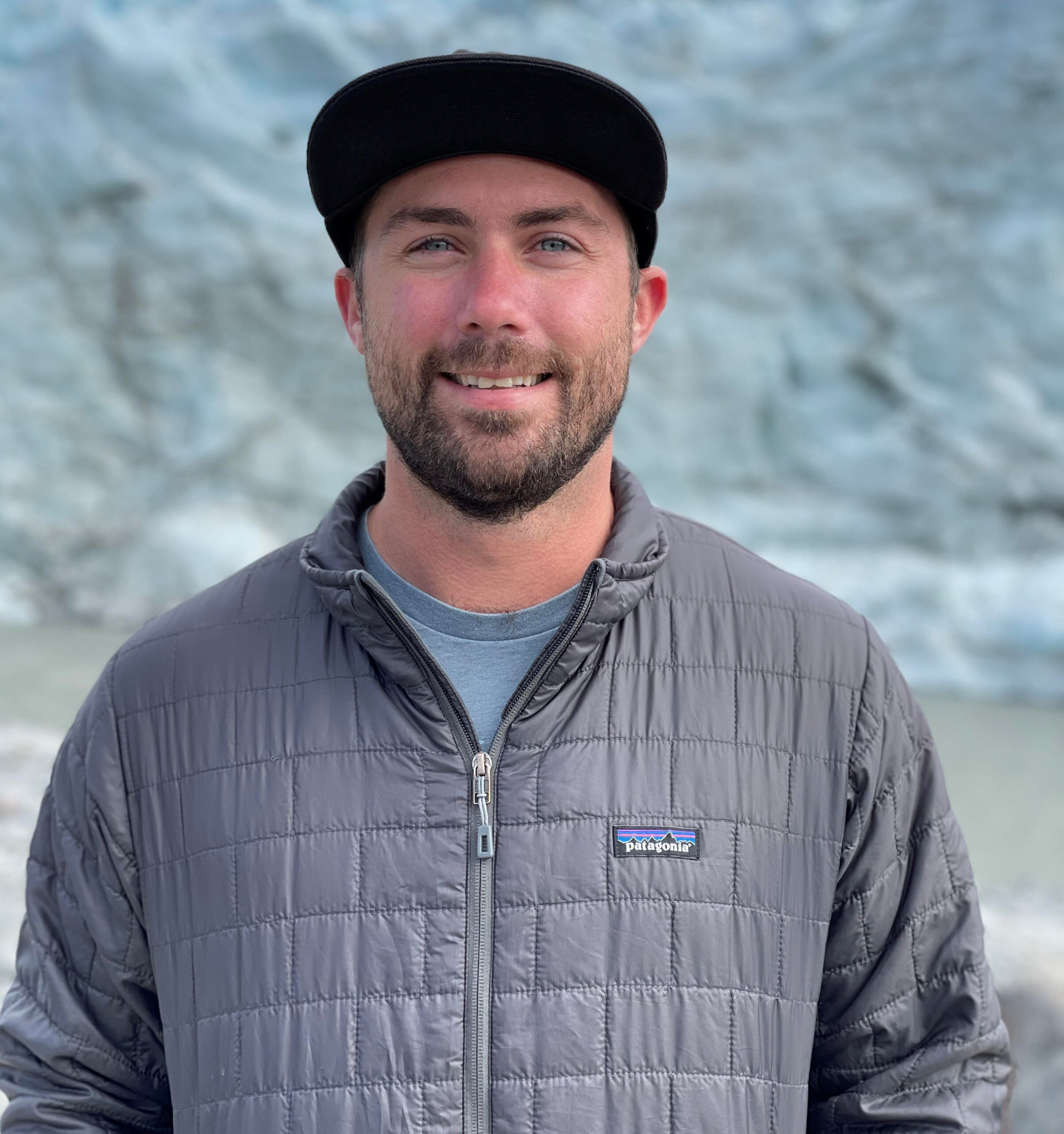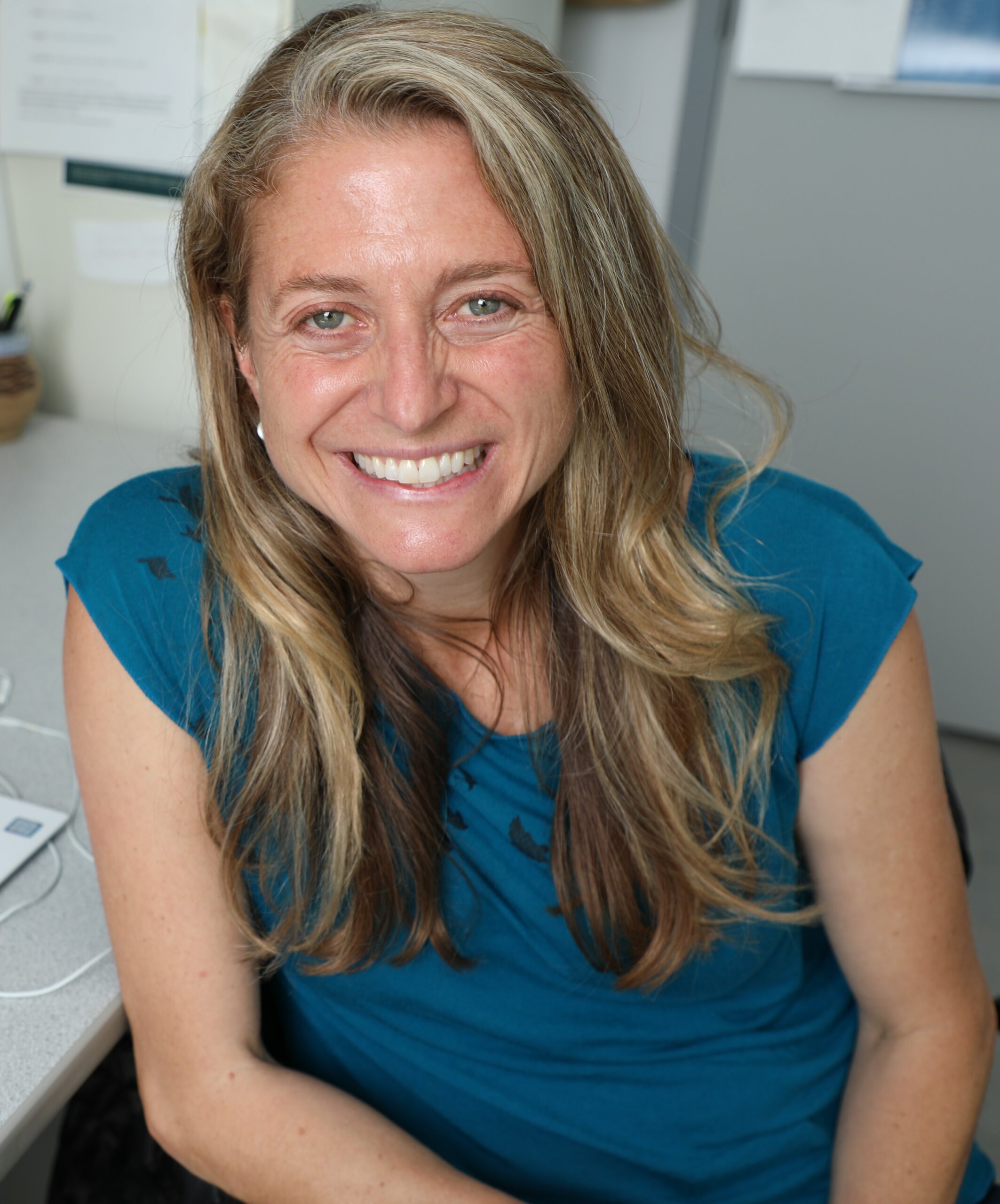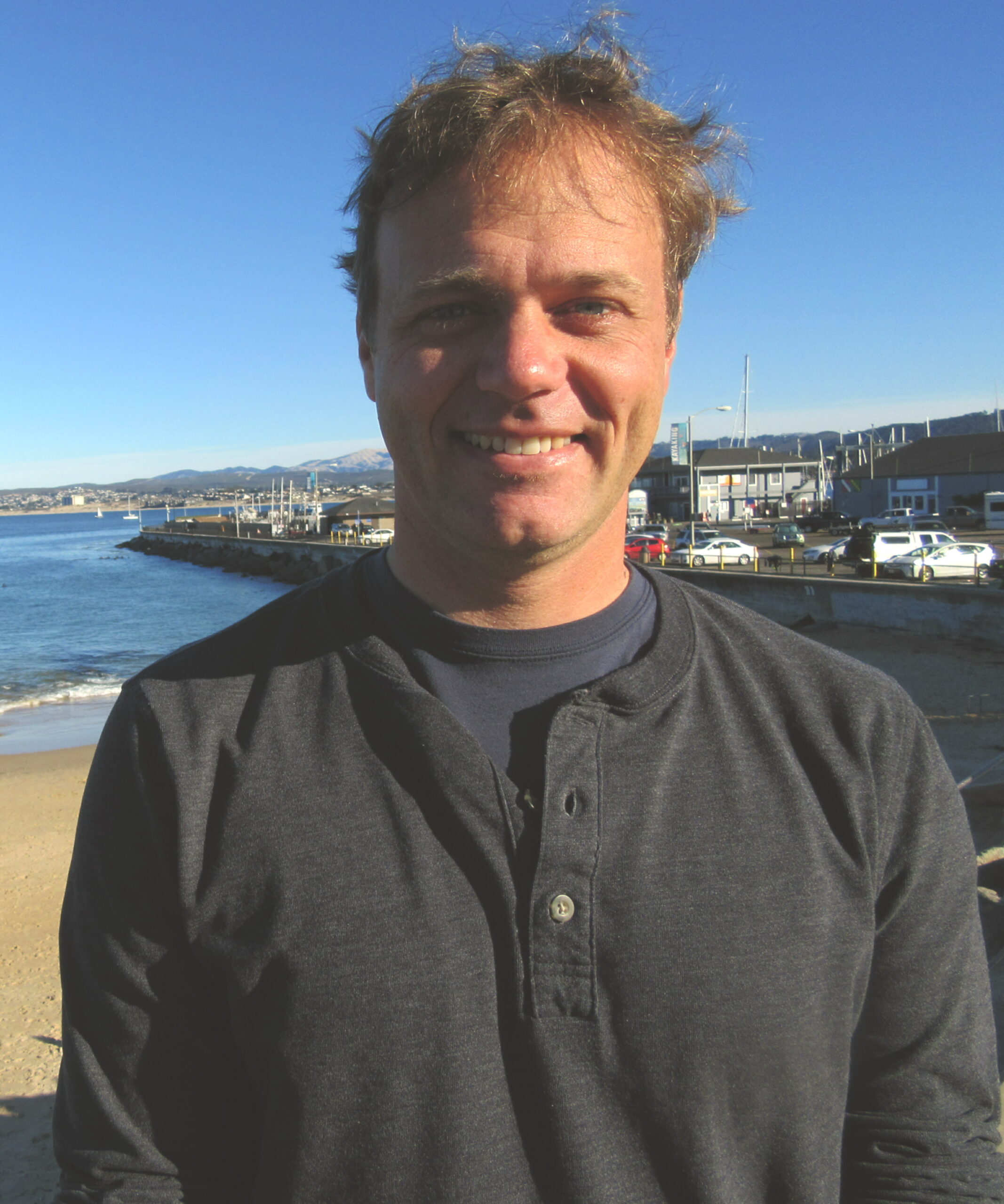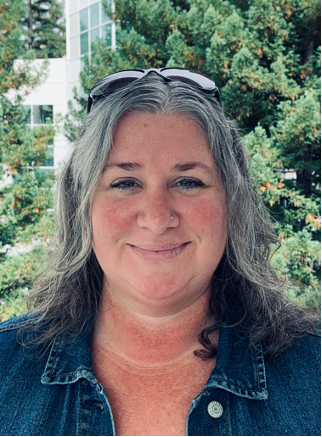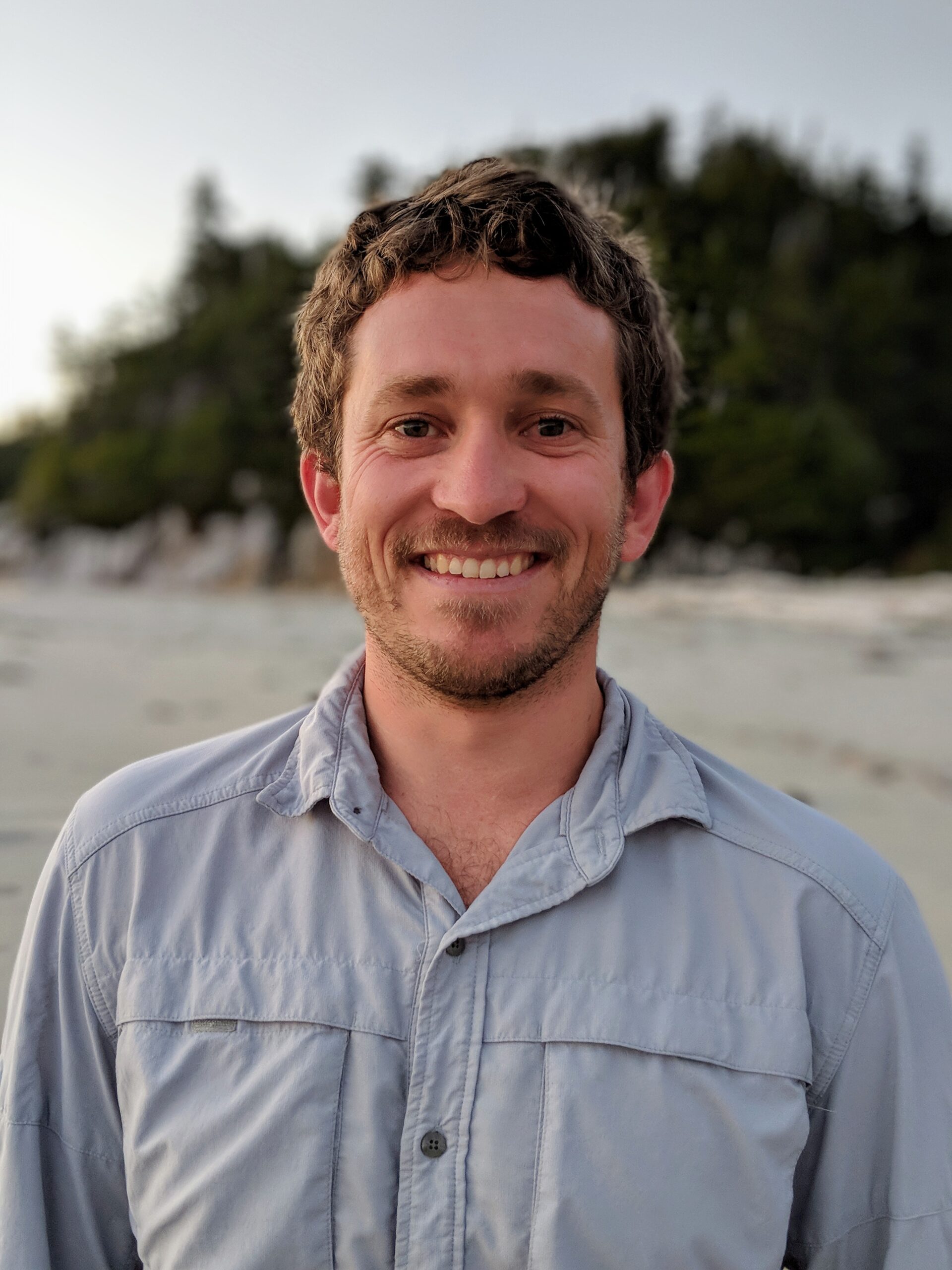
Abstract:
Kelp forests host tremendous biodiversity and provide essential ecosystem services but increasingly face direct and indirect threats from rapid global change. Environmental stressors like ocean warming and marine heatwaves impose direct physiological stress on foundational kelp species as well as indirect threats via impacts on primary consumption by grazers. However, it may be impossible to generalize the impacts combined ocean warming, acidification, and other drivers have on critical ecological interactions like herbivory due to complex energetic impacts on both consumers and their resource(s). Therefore, it is advantageous to focus on understanding specific consumer responses to multiple drivers and dynamic conditions in ecologically key taxa, such as the purple sea urchin, Strongylocentrotus purpuratus. As with all consumers, the abundance and quality of available food constrains the energy budgets of sea urchins, mediating their responses to stressors. Here I will discuss how changes in the abundance and composition of macroalgae, S. purpuratus’s primary food, as well as contemporary abiotic stressors affect physiology, performance, and subsequent ecological impacts. I will reference case studies in British Columbia, Canada utilizing field and laboratory-based experiments. These empirical studies provide basic insights to inform applied restoration of degraded kelp forests, improved energetic modeling based on first principles, and expectations for consumer-resource interactions in the context of rapid global change.
Bio:
I study basic and applied marine science emphasizing physiological ecology, fisheries, and global change. As a Postdoctoral Researcher at Moss Landing Marine Laboratories, I investigate the influences of marine protected areas (MPAs), benthic habitat, and species traits on spatiotemporal trends of fishery performance. As a National Science Foundation Ocean Sciences Postdoctoral Research Fellow (NSF OCE 2308398), I study independent and combined impacts of temperature, acidification, and deoxygenation on the physiology, performance, and population dynamics of sea urchins whose grazing shapes nearshore ecosystems. To this end, I apply field experiments in the natural laboratory provided by geographic gradients of upwelling intensity in coastal California paired with manipulative experiments in a controlled laboratory setting. I aim to formalize and scale up insights from these studies using mechanistic modeling which leverages energetic theory to improve our ability to predict coastal ecological dynamics in a context of rapid global change. Some of my happiest moments involve exploration, whether it is foraging in cloudy coastal redwood forests with my family or breathing underwater in emerald kelp forests bathed in filtered golden sunlight.


